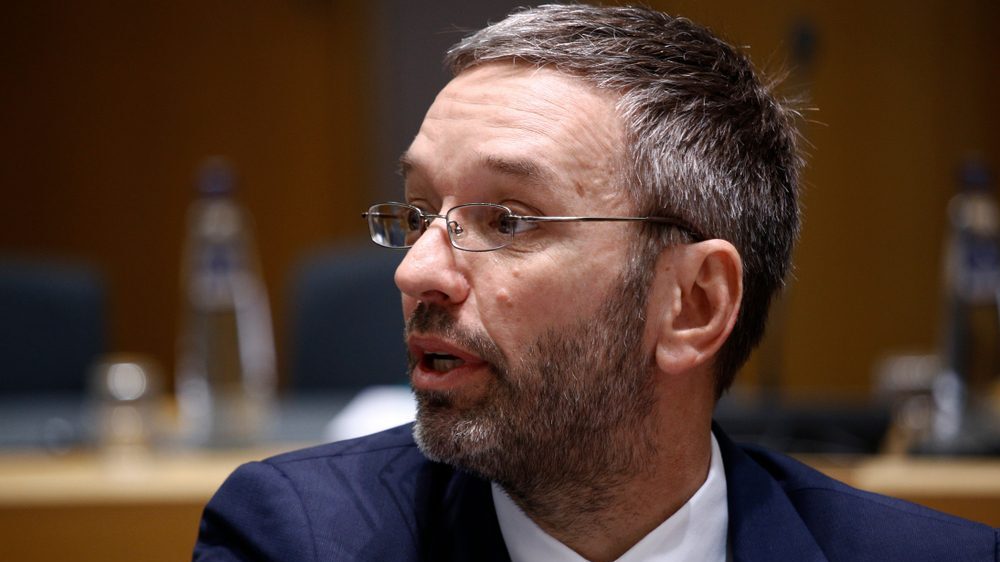
Herbert Kickl.
Photo: Alexandros Michailidis / Shutterstock.com
The national-conservative Freedom Party of Austria (FPÖ) has teamed up with the centre-right Austrian People’s Party (ÖVP) to govern Austria’s largest state. With the FPÖ topping national polls, the coalition’s terms—which include a compensation package for the COVID pandemic measures—show that the FPÖ may lead future right-wing collaboration.
The FPÖ achieved its best results in Lower Austria’s elections on January 29th. It gained 10% to become the second-biggest party, while the ÖVP failed to get the necessary majority to govern alone.
The two parties presented their agreement on Friday afternoon, March 17th. Mikl-Leitner, the regional ÖVP leader, said the coalition agreement came after a “hard struggle to find a common path for Lower Austria.”
The agreement contains some serious scores for the FPÖ. Chief among them is a €30 million Corona compensation fund, to repay citizens who’d been unconstitutionally fined under the COVID-19 lockdown. “Lower Austria will be the first country to make up for the damage caused by the Corona policy,” announced Udo Landbauer, the FPÖ Lower Austrian leader.
Also on the agenda is a stronger integration policy, as it is important that “everyone, no matter where they come from, obeys the law, speaks our language, accepts and respects our values and culture,” said Mikl-Leitner.
The FPÖ consequently sounded triumphant over the deal. The party’s newsite reported that the “agreement represents a fundamentally new course in Lower Austria’s politics.” The party’s national leader, Herbert Kickl, echoed this sentiment:
Business as usual was not an option for the future of the people. Lower Austria’s FPÖ has therefore brought its strength into the negotiation process and ensured that from now on the interests of its own population are at the centre of the state’s policy in all areas of politics.
Kickl’s leadership is giving enormous momentum to his party. His energetic rhetoric, and his outspoken opposition to migration and the COVID lockdown resonates with many Austrians. The Vienna Times cited one political scientist saying that he “would not exclude the possibility of Kickl becoming chancellor after the next elections.”
Austria is moving closer to its next national elections in 2024. The next regional vote, due in Salzburg on April 23th, will show if Lower Austria’s example will be followed.
